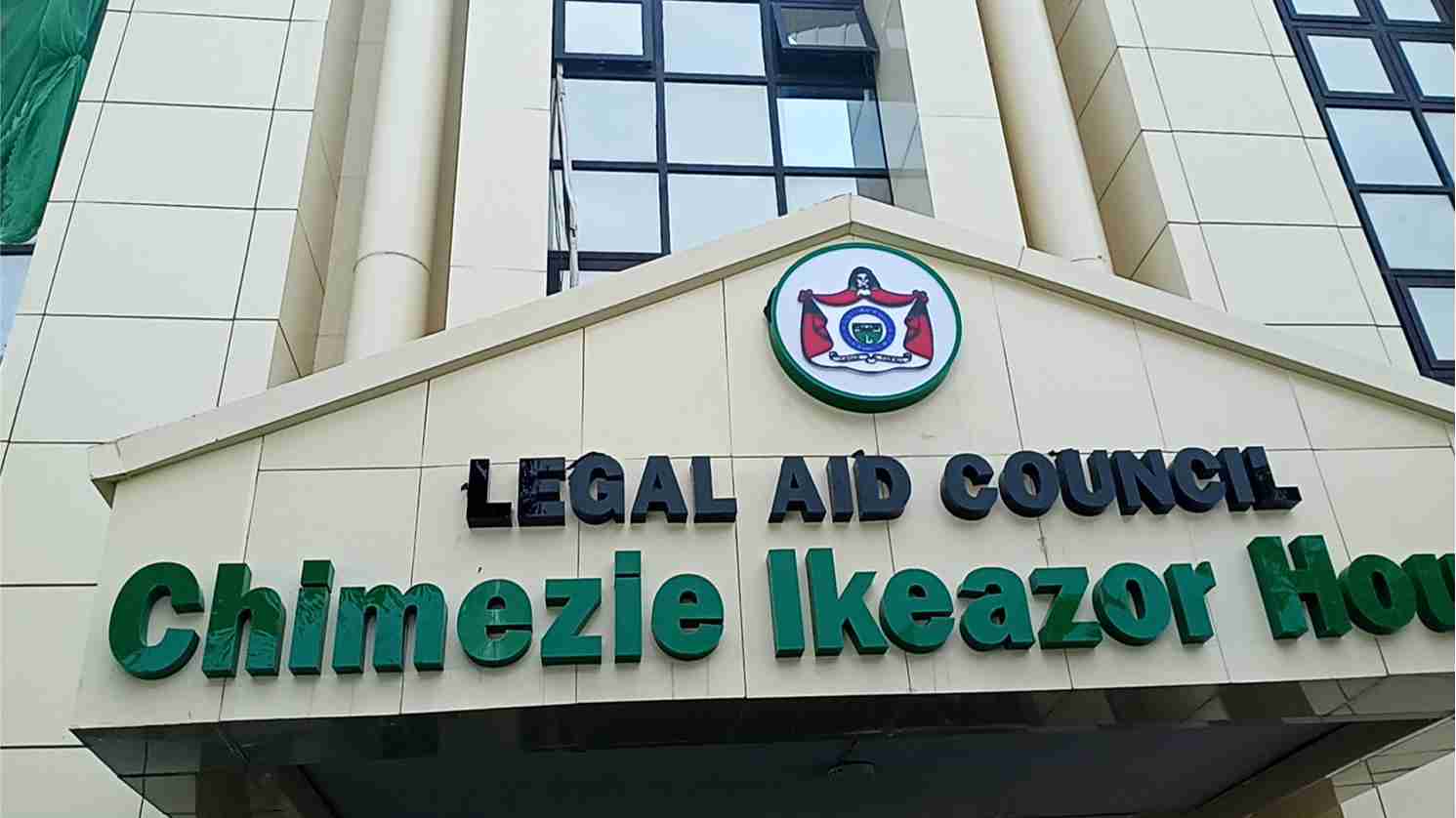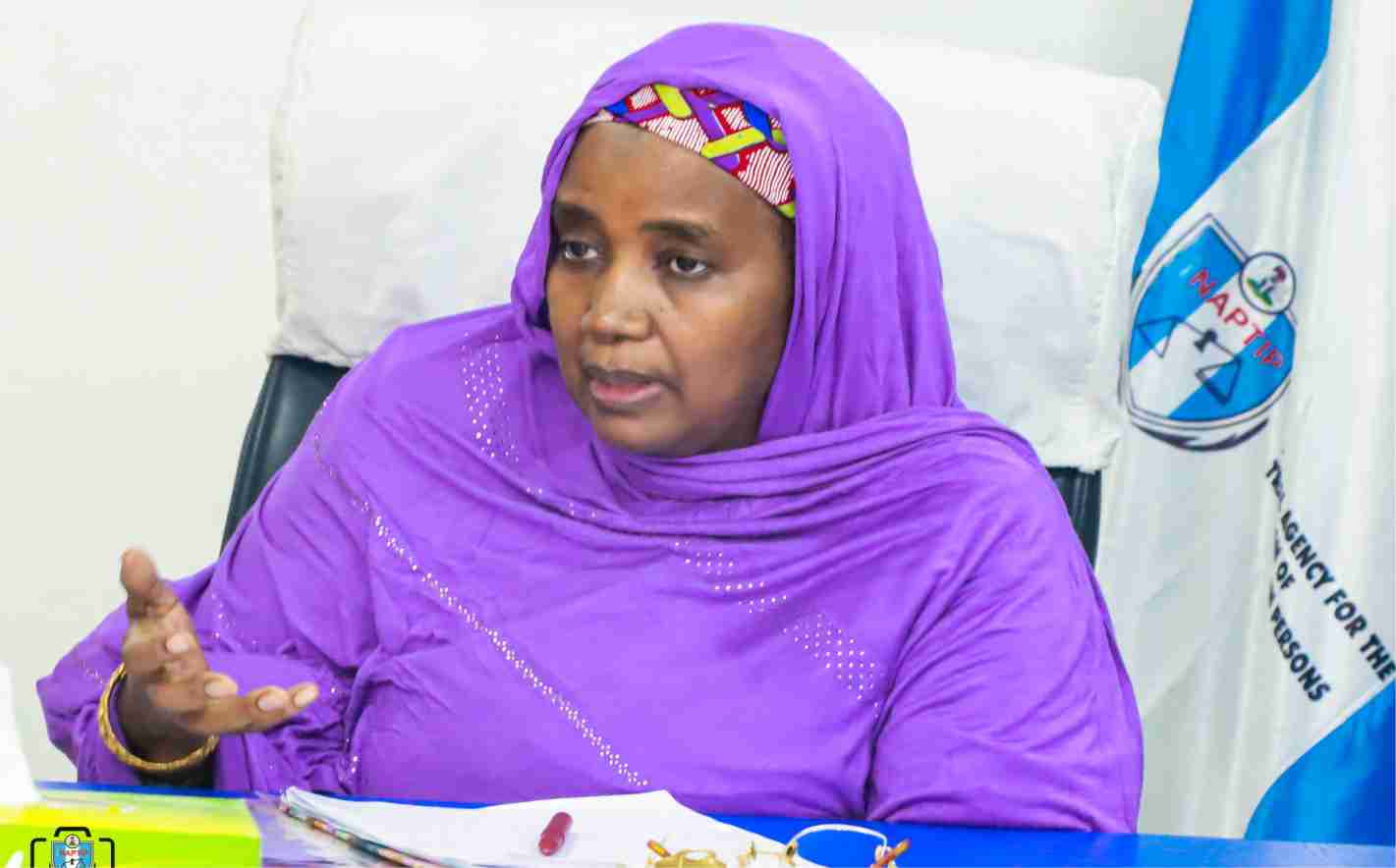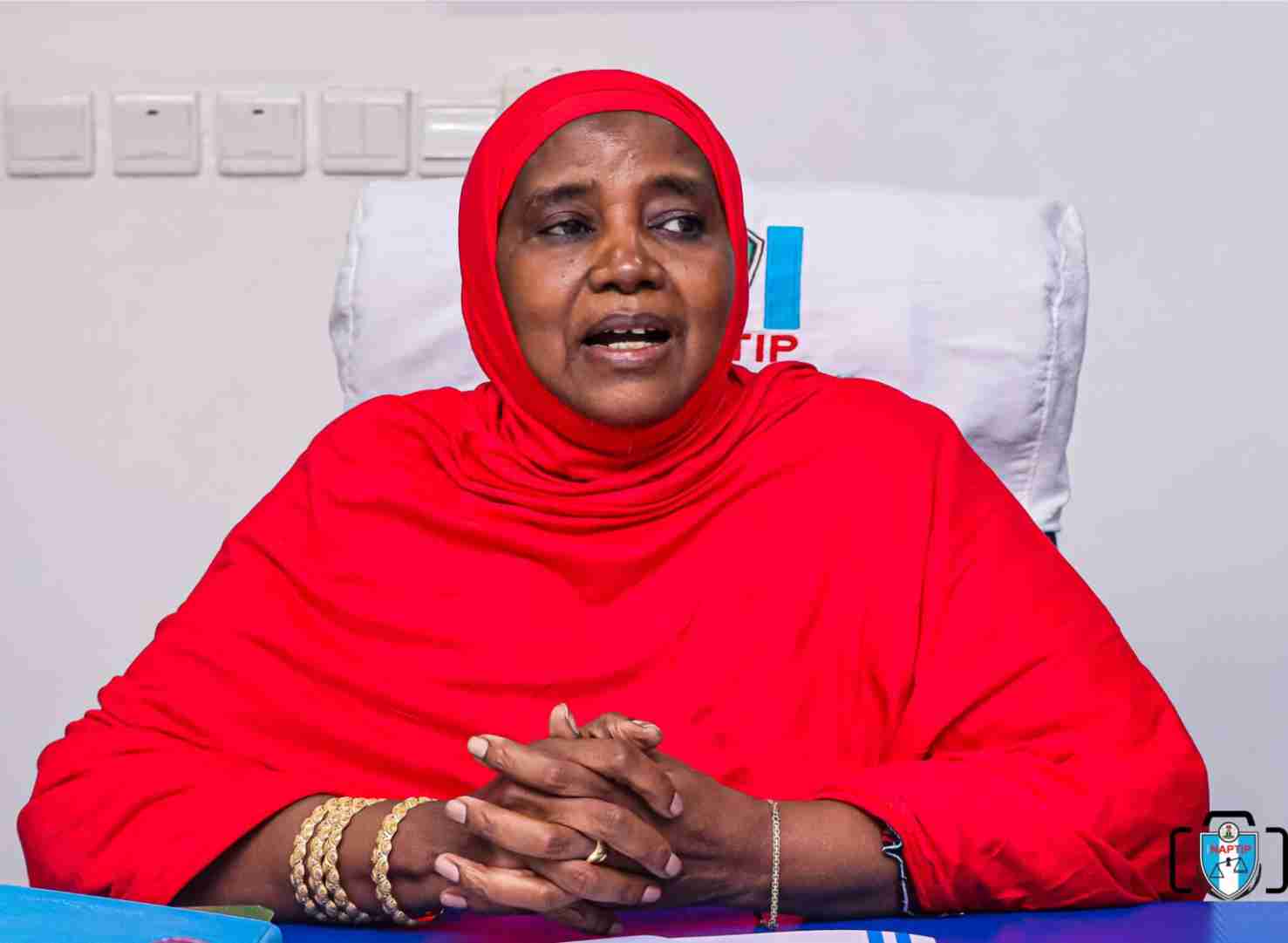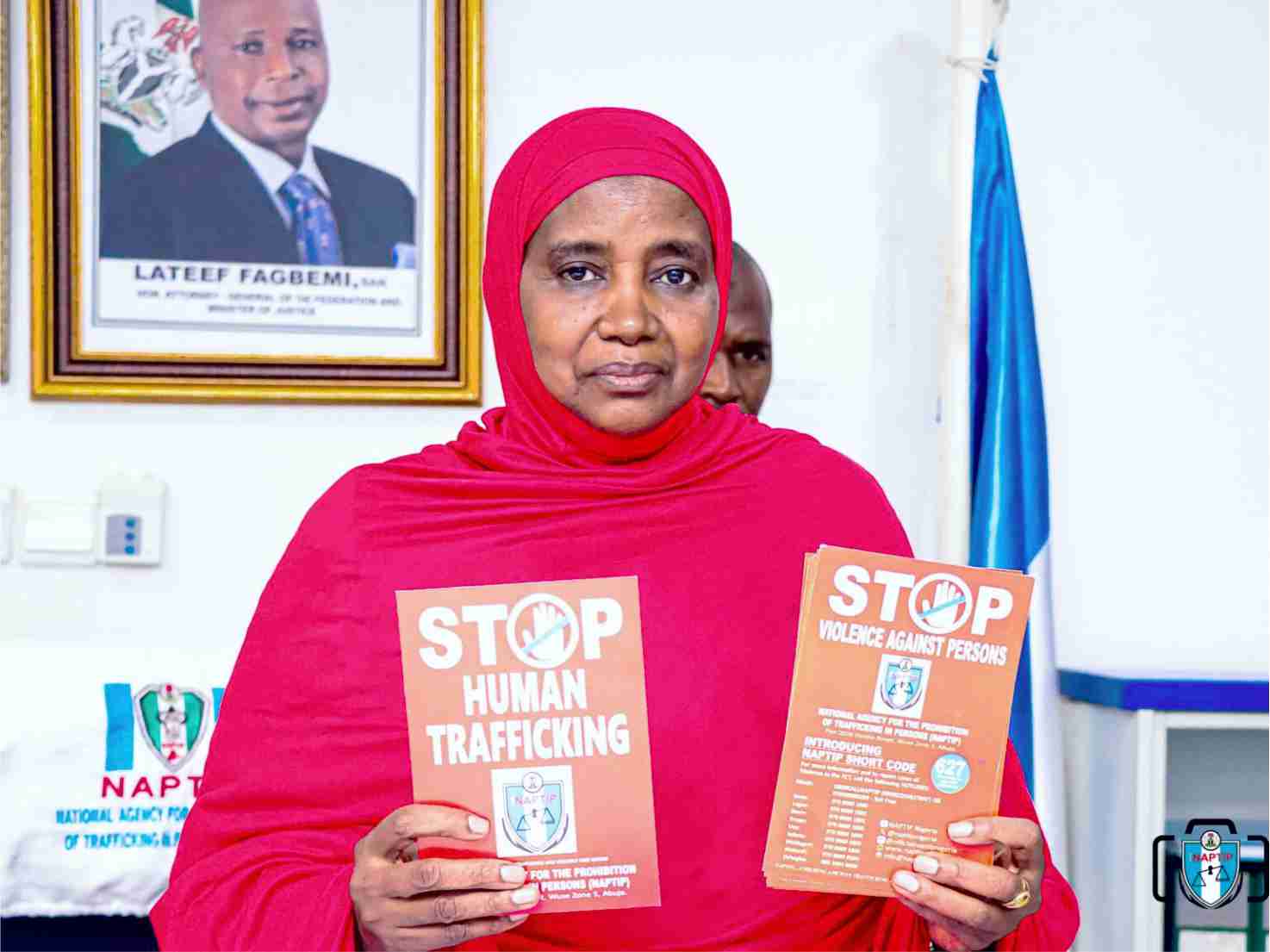Access to justice is a cornerstone of any democratic society. It ensures that every individual, regardless of socioeconomic status, has the opportunity to seek and obtain legal remedies. In Nigeria, where the challenges of poverty, illiteracy, and systemic barriers often hinder access to legal representation, the Legal Aid Council of Nigeria (LACON) has emerged as a beacon of hope for the underprivileged. Since its establishment, LACON has played a critical role in bridging the gap between the marginalized and the legal system.
The Legal Aid Council of Nigeria was established by the Legal Aid Act of 1976, reflecting the government’s commitment to the principles of equality before the law. Over the years, its mandate has evolved, but its core mission remains steadfast: providing free legal services to indigent Nigerians. The Council’s services span criminal defense, civil litigation, alternative dispute resolution, and legal advice, ensuring that justice is not just a privilege for the wealthy but a right for all.
With a robust structure, LACON operates across Nigeria’s 36 states and the Federal Capital Territory. Its headquarters in Abuja serve as the nerve center, coordinating activities across state offices and legal aid clinics. These clinics, often located in urban and rural areas, are the frontline hubs where individuals can access legal support.

LACON’s operations are anchored on three key pillars:
Criminal Justice: The Council provides legal representation to indigent persons accused of crimes, ensuring their rights are upheld during trials. It also facilitates speedy trials to reduce the burden of prolonged pre-trial detention.
Civil Matters: From issues of inheritance and family disputes to tenancy matters and labor rights, LACON’s lawyers represent clients in a wide array of civil cases.
Alternative Dispute Resolution (ADR): Recognizing the benefits of ADR in resolving conflicts, the Council actively promotes mediation and arbitration as viable alternatives to litigation.
Over the decades, LACON has recorded significant achievements that underscore its importance in Nigeria’s legal ecosystem:
Decongesting Prisons: By representing detainees unable to afford legal representation, LACON has contributed to reducing prison overcrowding. Its initiatives, such as the Prison Decongestion Programme, have facilitated the release of countless individuals unjustly detained.
Empowering Communities: Through legal awareness campaigns, the Council educates Nigerians about their rights and how to seek legal redress. These campaigns have been particularly impactful in rural areas, where knowledge of the law is often limited.
Collaboration with Stakeholders: LACON’s partnerships with non-governmental organizations, bar associations, and international agencies have enhanced its capacity to deliver on its mandate. Notably, its collaboration with the Nigerian Bar Association (NBA) ensures a steady pool of pro bono lawyers.
Despite its laudable efforts, LACON faces a myriad of challenges that threaten its effectiveness:
Funding Constraints: Inadequate funding remains a persistent issue, limiting the Council’s ability to expand its reach and improve service delivery.
Manpower Shortages: With a population exceeding 200 million, the demand for legal aid far outstrips the number of available lawyers. This disparity often results in delayed justice for many.
Public Awareness: Many Nigerians remain unaware of LACON’s existence or the services it offers, thereby limiting its impact.
Systemic Barriers: The slow pace of judicial processes and bureaucratic hurdles further compound the challenges faced by LACON.
To address these challenges, LACON has undertaken several innovative measures:
Digitalization: The Council is gradually adopting technology to streamline its operations. For instance, case management systems have been introduced to improve efficiency.
Capacity Building: Regular training programs for LACON lawyers ensure they are equipped with the skills and knowledge to navigate complex legal landscapes.
Outreach Programs: Mobile legal aid clinics bring services directly to underserved communities, ensuring no one is left behind.
For LACON to fully realize its potential, concerted efforts are required from all stakeholders. Increased funding from the government and private sector support can address resource gaps. Public awareness campaigns, leveraging traditional and digital media, can amplify the Council’s visibility. Additionally, reforms within the judicial system to expedite trials will complement LACON’s efforts in delivering timely justice.
The Legal Aid Council of Nigeria embodies the ideal that justice should not be a luxury but a fundamental right accessible to all. As it continues to champion the cause of the marginalized, its impact resonates beyond the courtroom, fostering a society where equity and justice prevail. For legal practitioners, policymakers, and the general public, supporting LACON’s mission is not just a moral imperative but a crucial step towards strengthening Nigeria’s democratic fabric.



